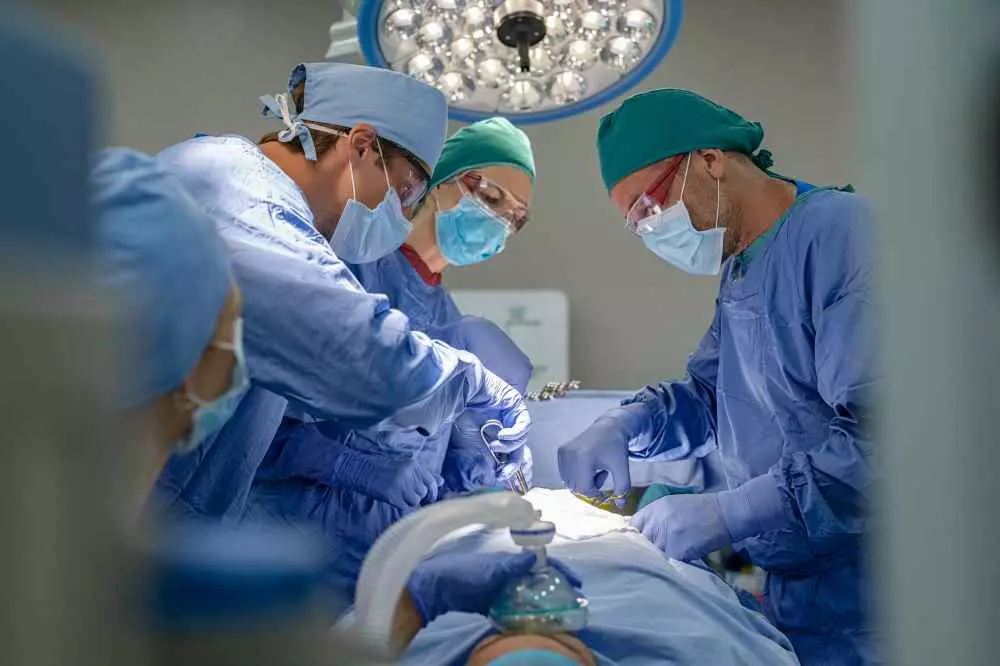Medical specialties: career prospects for specialists in various fields of medicine
Medical specialties: career prospects for specialists in various fields of medicine
Medicine is a field that is constantly evolving and offers many opportunities for specialists in various fields. Medical specialties offer doctors the chance to grow professionally, learn new skills and expand in their field. In this article, we will introduce some popular medical specialties and the career prospects they open up for specialists.
Cardiology: protecting the heart
Cardiology is one of the most sought-after and highly regarded medical specialties. Cardiologists specialize in the diagnosis, treatment and prevention of diseases of the heart and circulatory system. The heart is one of the most important organs in the body, so the demand for heart specialists is constantly growing. Cardiologists work in both hospitals and private clinics, and have a wide range of responsibilities, such as performing function tests, interpreting EKGs and conducting cardiac procedures.
By specializing in cardiology, the doctor has the opportunity to work with patients with a variety of heart conditions, such as coronary artery disease, heart failure and heart rhythm disorders. Cardiologists also have the opportunity to conduct research and participate in innovative projects aimed at improving the quality of care for patients with heart disease.
Surgery: the power of the scalpel
Surgery is one of the oldest branches of medicine, and also one of the most demanding and prestigious. This specialty requires a great deal of theoretical and practical knowledge, manual skills and the ability to make quick and accurate decisions. Surgeons work in hospitals, where they perform surgeries, both planned and emergency. Their job is to treat various diseases, injuries and remove tumors.
Specializing in surgery, a doctor can choose a number of career paths, such as general surgery, vascular surgery, orthopedics or plastic surgery. Surgeons also have the opportunity to work as consultants in hospitals, where they provide surgical advice to other doctors. Proficiency in surgery also provides opportunities to work in management positions in medical facilities.
Gynecology: women's health
Gynecology is a branch of medicine that deals with women's health, including diagnosis, treatment and prevention of diseases of the reproductive organs. Gynecologists offer a wide range of services, such as pregnancy control, contraceptive counseling, diagnosis of cancer of the reproductive organs and treatment of hormonal disorders.
Working as a gynecologist means not only caring for healthy patients, but also supporting women with various health problems. Gynecologists also have the opportunity to perform prenatal examinations, attend deliveries or perform gynecological surgeries. Due to the sensitive nature of many situations, gynecologists should be equipped with great empathy and the ability to build trust with patients.
Neurology: caring for the nervous system
Neurology is a branch of medicine that deals with the diagnosis and treatment of diseases of the nervous system. Neurologists deal with a variety of conditions, such as neurodegenerative diseases, strokes, epilepsy and multiple sclerosis. They diagnose and treat these conditions, as well as monitor the course of therapy and provide advice to patients and their families.
Specializing in neurology, the doctor has the opportunity to work in hospitals, rehabilitation centers or specialty clinics. Neurologists can also conduct scientific research and participate in innovative projects aimed at better understanding and treatment of diseases of the nervous system.
Summary
Medical specializations offer doctors not only the opportunity for further professional development, but also the chance for better pay and job satisfaction. The specializations listed above are just the tip of the iceberg, as the fields of medicine are very diverse and extensive. It is worth noting that in order to become a specialist in a particular field, a doctor must undergo a long process of education and gain relevant practical experience.
Regardless of the specialty chosen, it is important for the doctor to constantly develop his skills and stay abreast of the latest medical developments. It is also worth remembering the need to constantly improve communication skills and an empathetic approach to patients, as a good relationship with the patient is crucial for successful treatment.
Nowadays, medicine offers unlimited opportunities for professional development. Regardless of the specialty chosen, medical specialists have the chance to satisfy their ambitions and enjoy the satisfaction of their work.